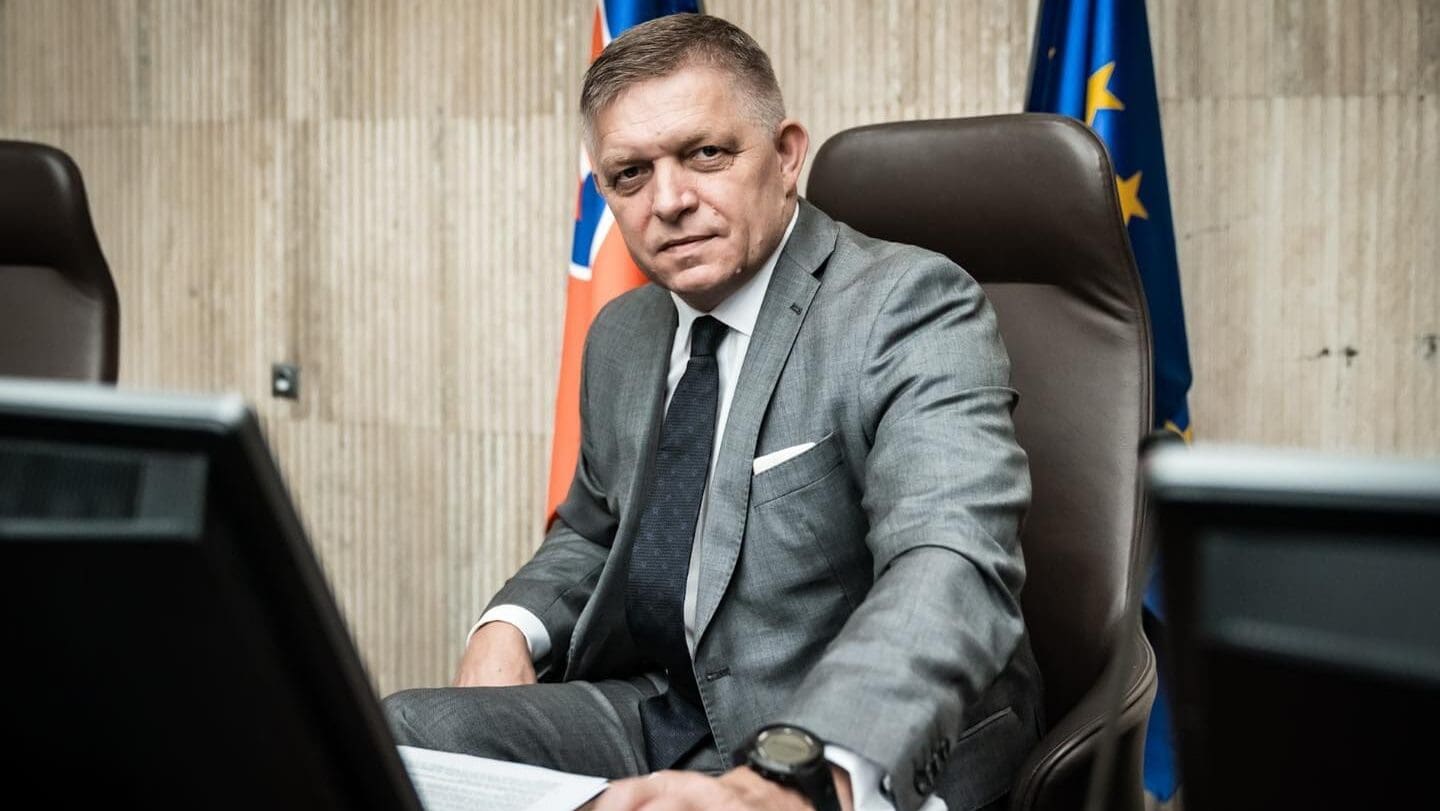
Oil Sanctions: Slovakia Threatens Ukraine With Countermeasures
Robert Fico’s sovereigntist government says the EU is delaying assistance to its member states in Ukraine oil dispute.

Robert Fico’s sovereigntist government says the EU is delaying assistance to its member states in Ukraine oil dispute.
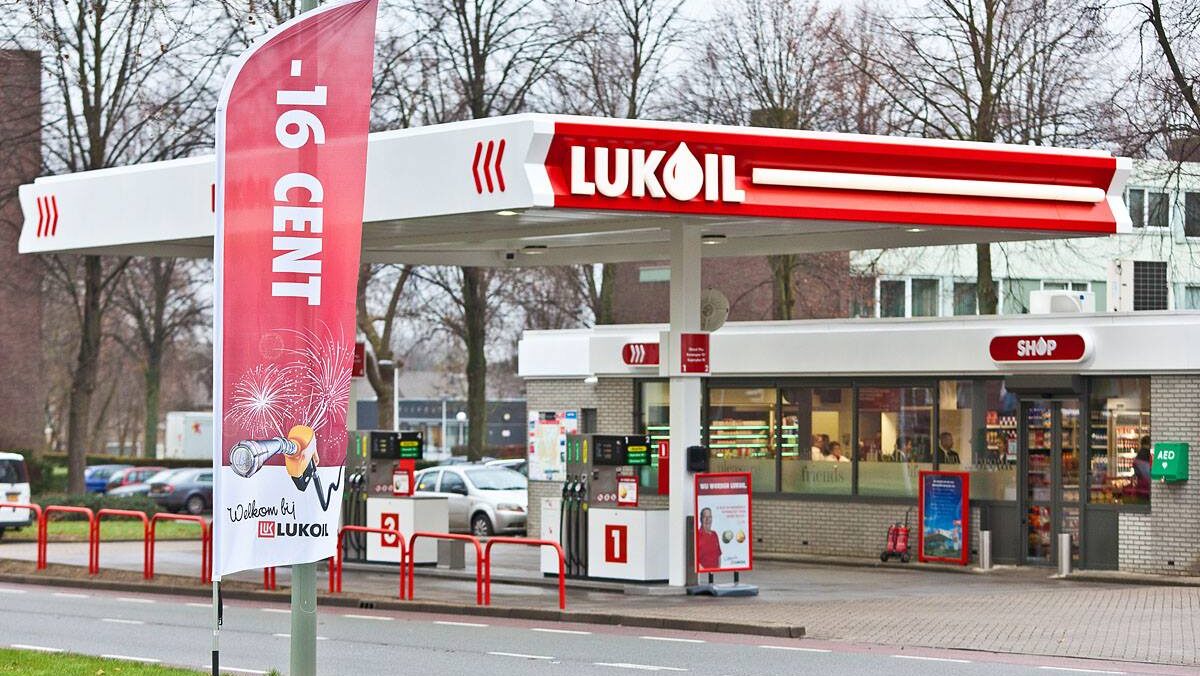
Both countries have been aiding Ukraine through diesel shipments, but now are facing an immediate “fuel crisis” in return.

The move comes in retaliation for an extended EU-wide ban of Russian news outlets.
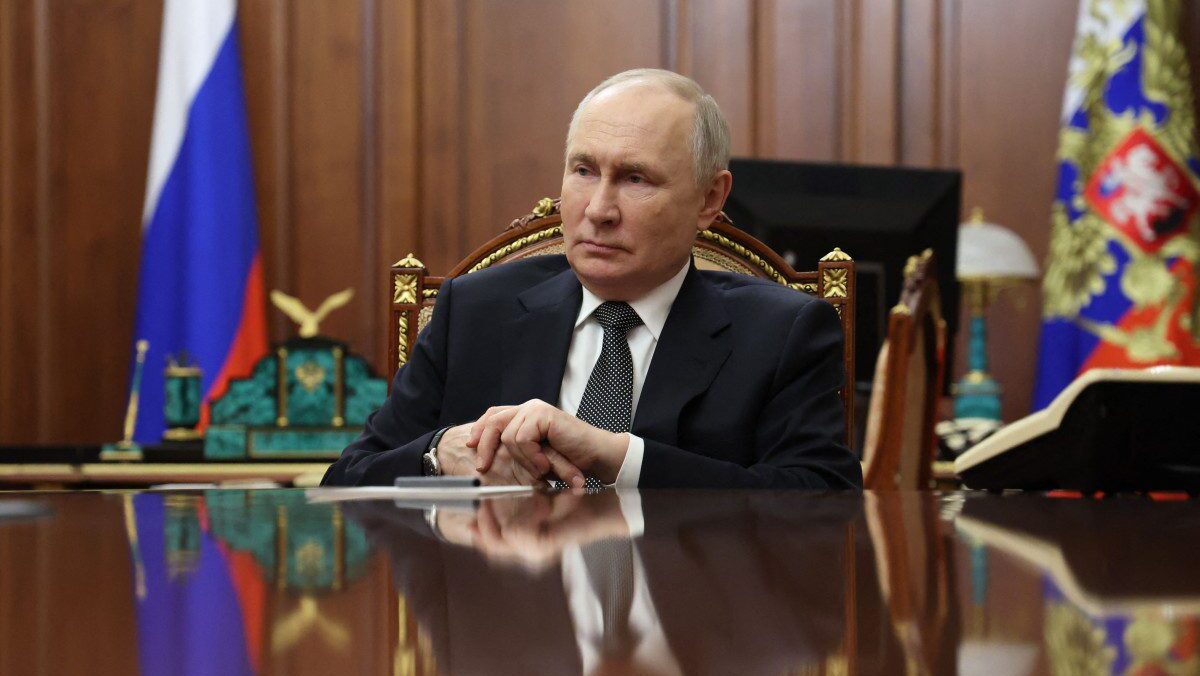
While Brussels hailed the package, it seems to be nothing more than an ineffective symbolic deed.

Questions have been raised about the veracity of the IMF report showing Russian economy outperforming the West. But it is extremely difficult to falsify GDP data.

An EU member state endangering the gas supply of another is “unacceptable,” the Hungarian foreign minister said, as many suspect American interests behind the scenes.

Moscow is set to bring in $15 billion more than expected; aims ‘to inflict pain’ on West, expert says.
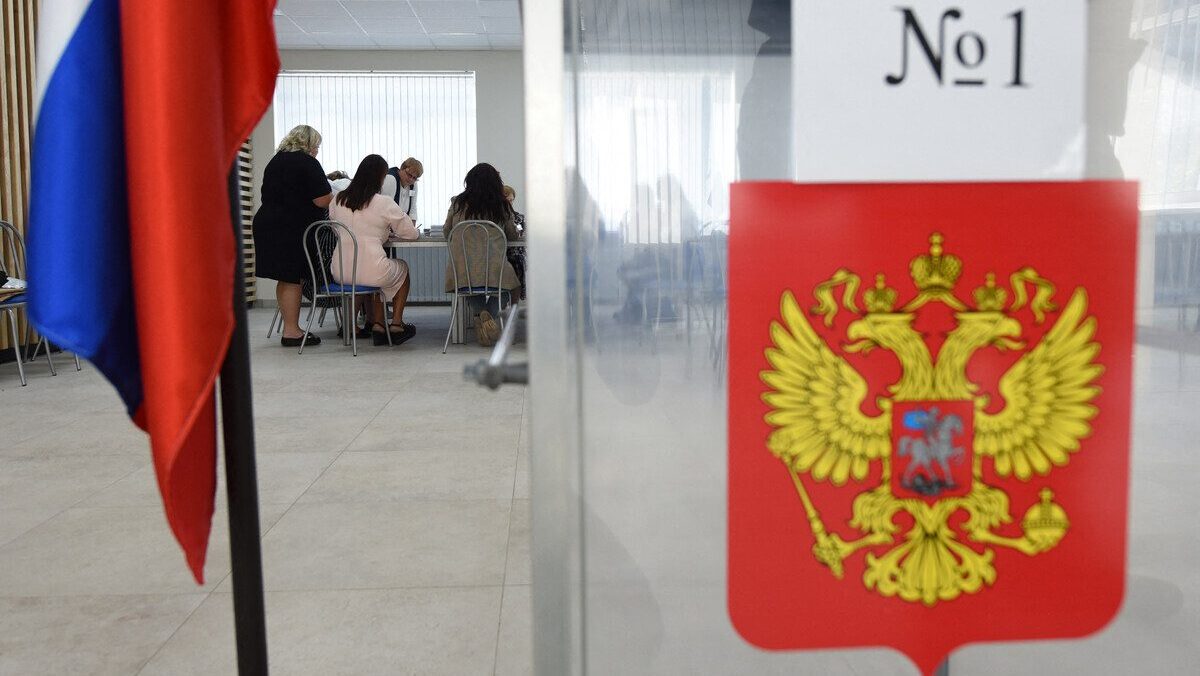
Governing party United Russia dominated regional elections that opposition claims were no more than a farce.
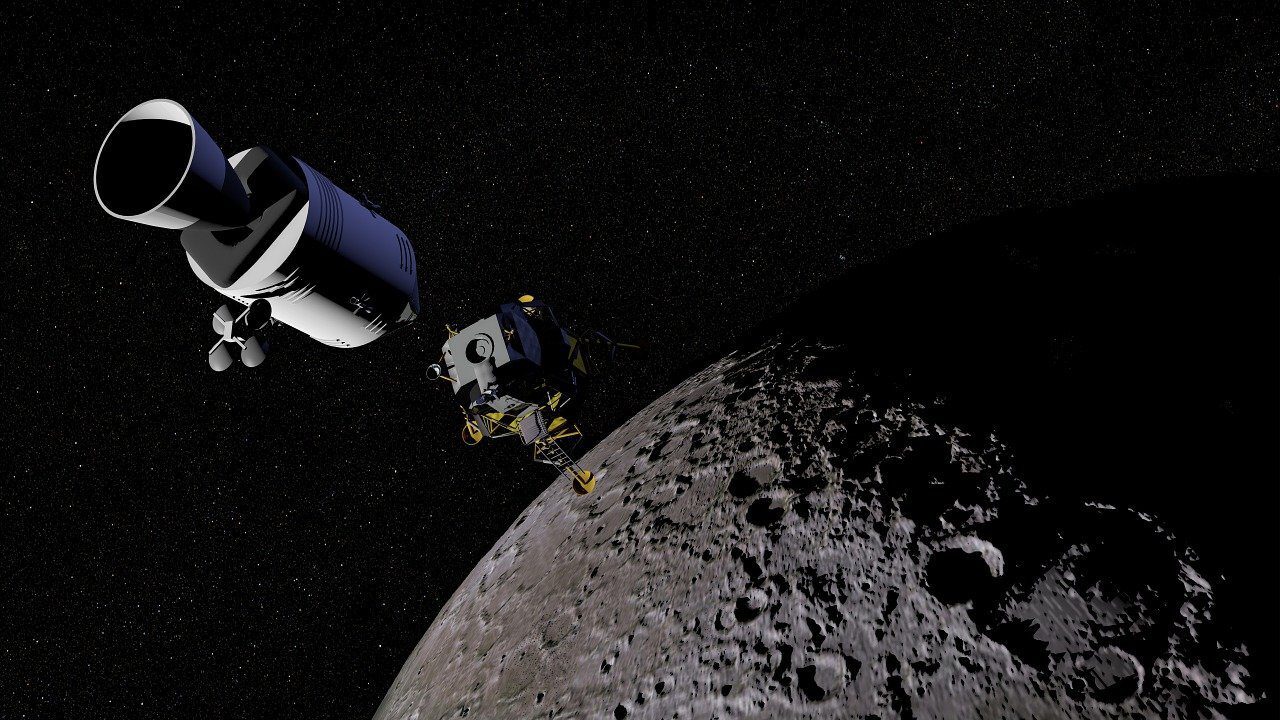
The lunar mission was plagued by corruption scandals and repeated funding problems.
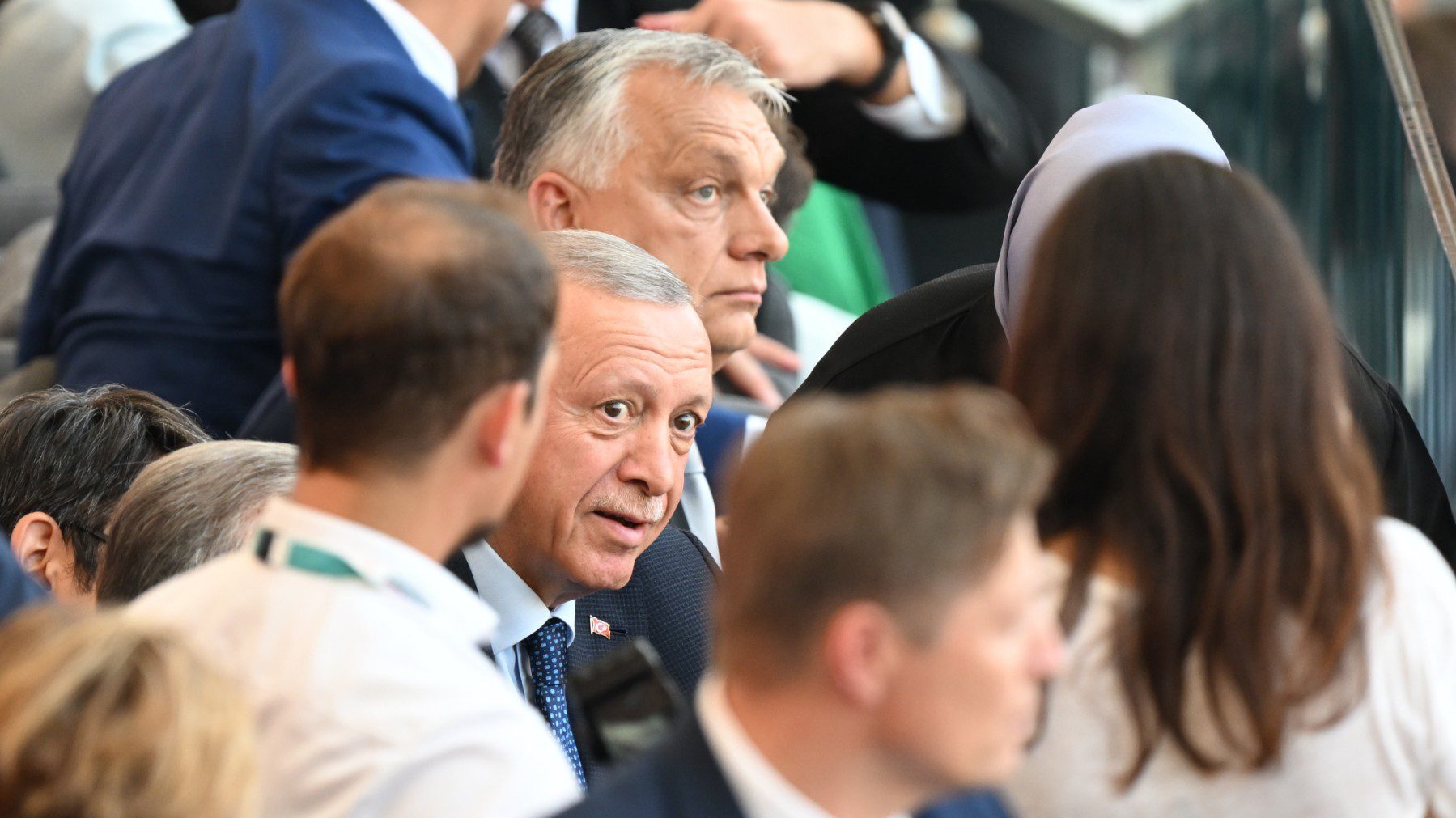
Viktor Orbán hosted leaders from the Middle East and Central Asia on the sidelines of the World Athletics Championship to guarantee future energy supplies.
To submit a pitch for consideration:
submissions@
For subscription inquiries:
subscriptions@